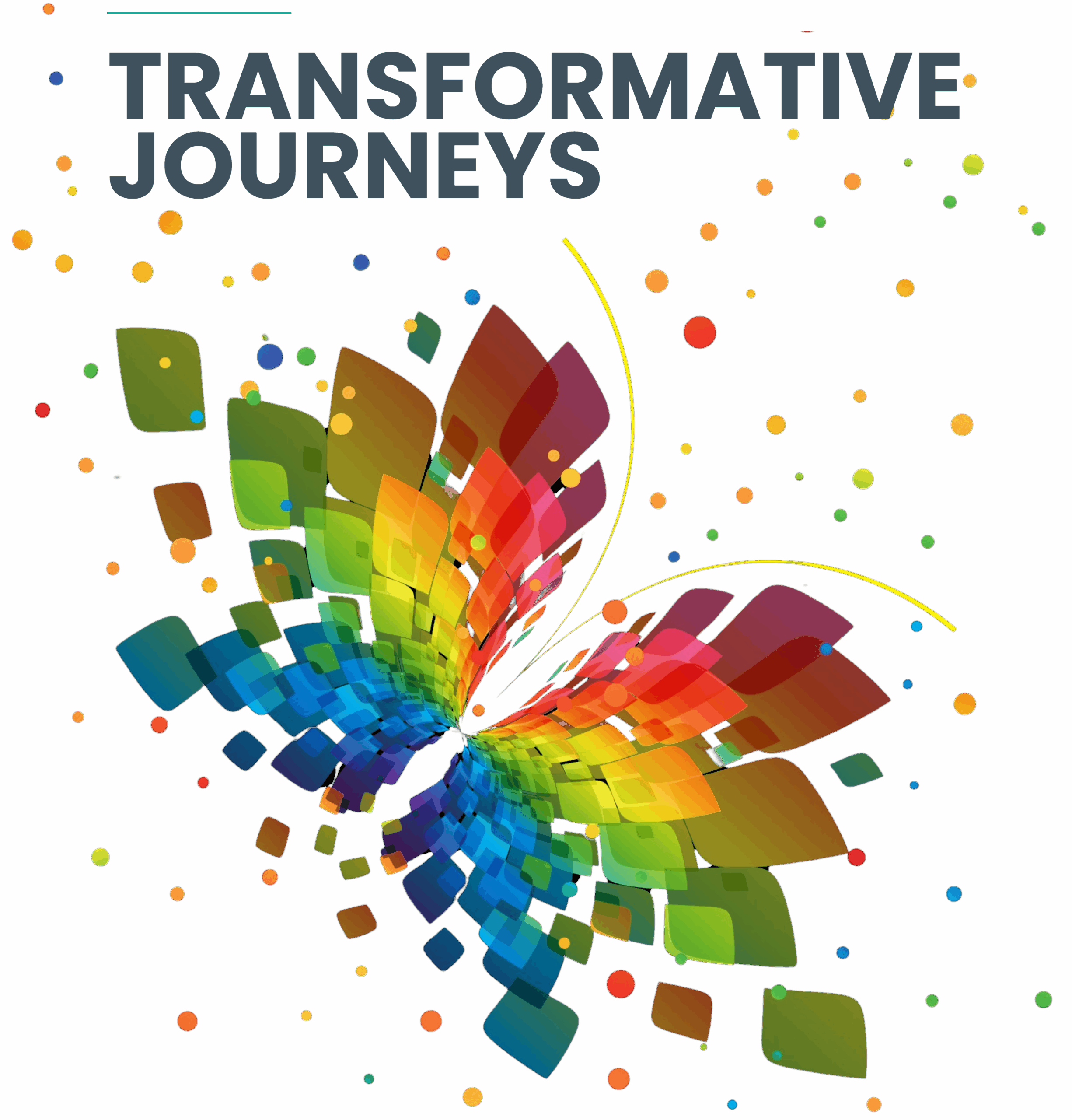The Help Group’s 29th Annual Summit takes place on Friday, November 14, 2025, bringing together leading experts to share applied research, evidence-based best practices, and innovative approaches in early intervention, education, transitions to greater independence, and social and emotional well-being and mental health.
This one-day event, held at The Skirball Center in Los Angeles, offers an enriching environment for interactive learning and collaborative experiences.
Featuring a lineup of distinguished speakers, the Summit is designed for clinicians, therapists, educators, researchers, and parents to explore the latest advances in understanding and supporting social and emotional well-being and neurodivergence from childhood to adulthood.
Attendees gain valuable insights and practical strategies for supporting individuals with cognitive, social-emotional, behavioral, and learning differences, including autism, learning disabilities, ADHD, developmental delays, and emotional challenges.
Offering continuing education, professional development, and networking opportunities, participants have access to a wealth of resources, time to engage with experts and one another, and the opportunity to develop a deeper knowledge base to apply at home, in schools, clinics, or communities. Attendees leave with a renewed sense of purpose and motivation.


